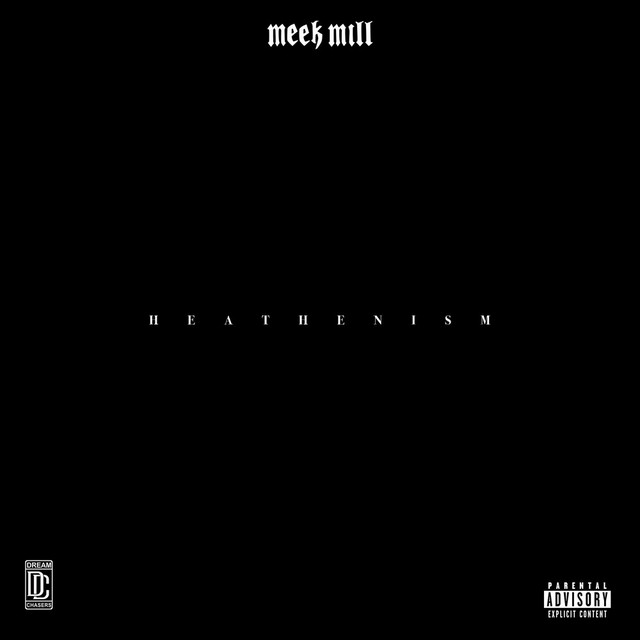Released: 2024
“Came from the Bottom” by Meek Mill isn’t just a track; it’s a vivid painting of hustle, resilience, and triumph. At its core, this song documents Meek’s meteoric rise from the trenches of hardship to the pinnacle of luxury and success. It’s a testament to staying real, grinding through the adversities, and finally basking in the rewards of that grind. Now, let’s decode the layers, dive into the trenches, and emerge into the opulence Meek paints with his words.
The track kicks off with Meek laying down his return to that DreamChaser, never-back-down mentality, signaling right off the bat that this ain’t about to be no lullaby. He immediately throws us into a scene with a Lamborghini cruising through the hood, a beacon of motivation to those caught in the trenches. Riding ’round “like it’s all good” amidst “vicious” realities paints that stark contrast between achieved success and its lurking, dangerous origins. The “Lamborghini” and “extension” references aren’t just flexes; they symbolize survival, success, and still being armed against betrayal or violence despite the wealth.
Verse one is a shoutout to resilience, carrying an “F&N” as a symbol of preparedness, not checking in as a nod to autonomy and strength in unknown territories. He talks about the silent battles (“Was at the door while it rain and it pour”) and now living a life of luxury (“Dior”, “Rolls-Royce”, “umbrella”), which is a testament to his and his crew’s unprecedented rise to the top. Meek points out the irony of their newfound lifestyle (“She a baddie, tiptoeing all on the marble, it ain’t a stain on the floor”) against the gritty background from which they ascended.
In the chorus, Meek switches gears from flexing to reflecting. From “down bad” to mansions with “palm trees” and private jets, it’s a journey of stark contrasts. The line “I ain’t even pray to live this way, this shit came, found me” speaks volumes about the unexpected nature of his success, emphasizing destiny over design. This part of the song is a pause, a breath taken to look back at the uphill battle and marvel at how far they’ve come.
The second verse delves deeper into the dynamics of change and loyalty. The vivid imagery of “Casamigos” and “two freak hoes” deals with the high life with relational superficiality, while “a rich nigga cheat code” and being “Deebo’d” illustrate the power dynamics at play in new-found wealth and status. Meek contrasts the glittering lifestyle with the gritty reality he and his crew stem from (“I’m in the trenches, I jump out the Benz”), emphasizing a loyalty to those who are real and dangerous — the “killers” and “steppers.” It’s a declaration of allegiance to his roots, to the harsh realities that shaped him, and a clear line drawn between those who belong and those who don’t.
The song’s bridge and final verse re-emphasize the theme of transformation and the bittersweet nature of success. While the glory is undeniable, there’s a reflective tone on the solitude it’s birthed (“Circle got smaller”). The repeated line, “Guess it all was worth it,” serves as both a question and a conclusion, a contemplation on the steep price of success and an acknowledgment of its sweet fruits. It’s a narrative on the cost of elevation, the loneliness of leadership, and the ultimate vindication of their journey from the “bottom” to the zenith.
In “Came from the Bottom,” Meek Mill doesn’t just share his story; he lays down a blueprint of defiance, ambition, and the complex fabric of human relations woven through the journey from obscurity to fame. It’s a celebration, a cautionary tale, and a homage to the grind—all at once. Meek’s narrative isn’t just about the glitz; it’s deeply rooted in the stark realities from which he emerged, making it a resonant anthem for anyone hustling towards their dream.








